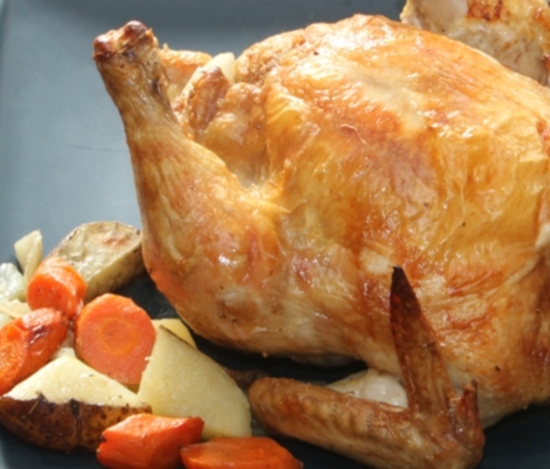The horse meat scandal has rocked public faith in supermarkets, with families increasingly turning to butchers for their nutritional needs. While this may be good news for small independent retailers, it has meant that chains such as Tesco and Asda have seen a hit in meat sales.

From July all chicken sold in Tesco will come from UK farms
In an attempt to combat this consumer migration, Tesco chief executive Philip Clarke has pledged to put a larger selection of British meats on the shelves, distancing the top supermarket brand from the European processing plants at the heart of the scandal. A new product testing process has already been launched at its production sites and, from July, all chicken sold in stores will come from British farms.
Mr Clarke voiced his determination in rigidly implementing the new, stricter testing process as well as several other steps Tesco will be making to ensure consumers receive the highest quality meats possible.
He said; “The testing regime is intended to ensure that if it is not on the label it is not in the packet – if it is beef, it is beef and nothing else.
“The second thing is we’re going to bring meat production a bit closer to home. We do buy some, particularly for our frozen products, out of Europe, and as we can we’ll bring it closer to home.
“And the third thing is we’re going to have more partnerships, more collaboration with farmers.”
These plans could do a great deal to improve Tesco’s relationship with British consumers, as in a recent poll conducted by the National Farmers Union (NFU) it was discovered that 78 per cent of participants wanted more British food to be sold in supermarkets.
43 per cent of the 1,000 people questioned also admitted they were now more likely to buy only meat which was traceable to British farms than before the horse meat news broke.
President of the NFU, Peter Kendall, has called for retailers to include more information as to the origins of the produce they sell on labels in light of this research.
He says; “Our research also demonstrates the strong demand for British-farmed products, and so retailers, processors and food service companies have a responsibility to ensure there is clear country of origin labelling on the products that consumers purchase.
At a time when demand is high for UK farmland, this must be more good news for the industry. However, the question is whether the public’s demand for higher quality will come at a high cost – and if so, whether British-farmed produce will be within the reach of many household budgets.
Since news of horse meat contamination in the frozen foods of many supermarkets, have you changed your weekly shopping habits – perhaps by buying fresh meat only or shopping at the local butcher’s store?